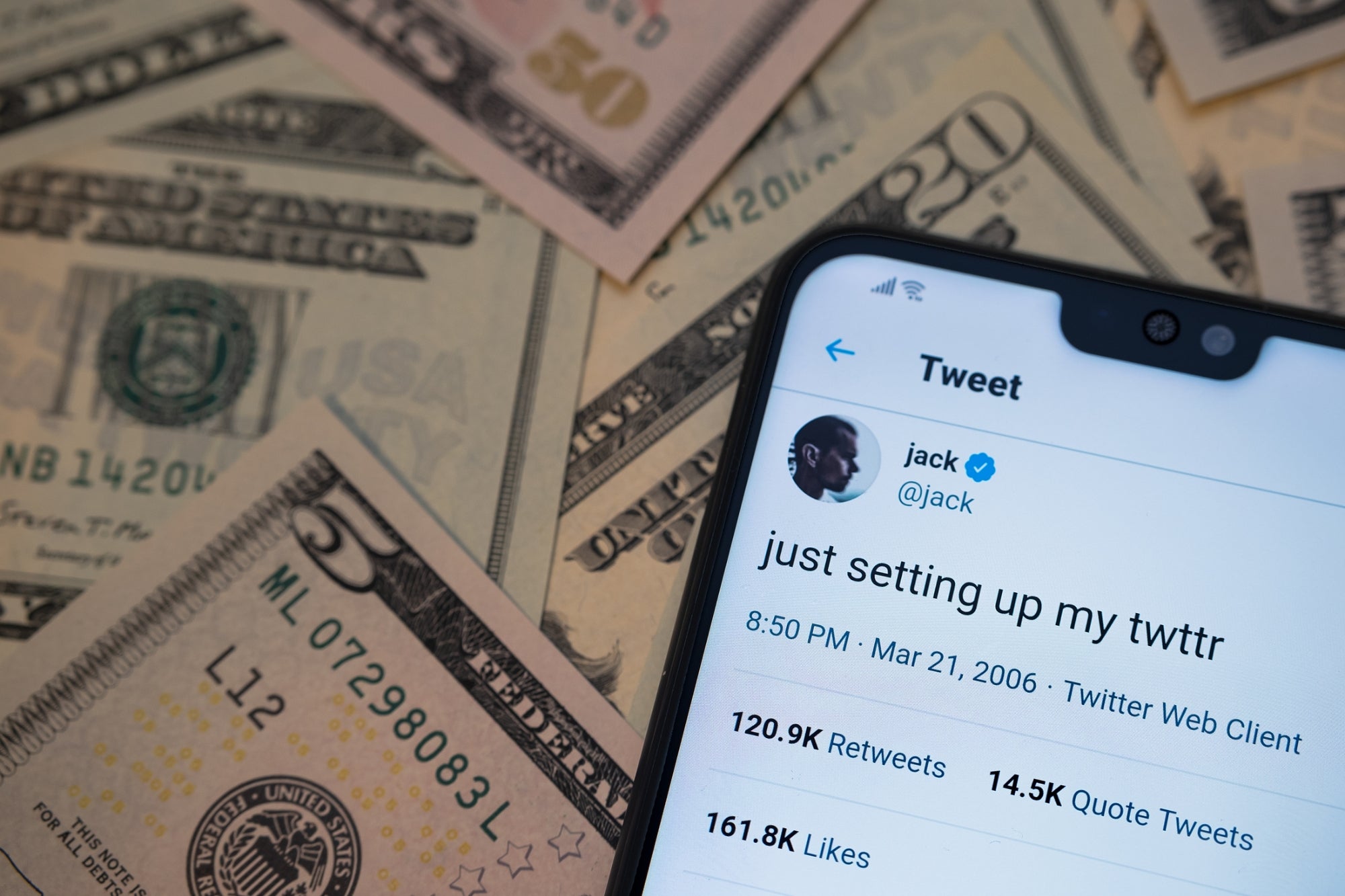Unlocking America's Innovation WarehouseLegal complexities have resulted in a system where only a judge can determine what a patent covers.
ByJay Walker•
Opinions expressed by Entrepreneur contributors are their own.
Entrepreneurs have an enormous stake in how well America'spatentsystem functions. Those who are users of patents want to be able to obtain a license on fair terms, without facing a never-ending threat of litigation and unreasonable demands. Owners of patents (who are perhaps inventors) want to be able to protect the value of their intellectual property by licensing them or profit from them by commercializing them through their businesses.
Unfortunately, the reality of today's system serves neither the interests of users of patents nor their owners. And it certainly does not serve the interests of entrepreneurs hoping to build businesses on the foundation of American innovation.
Related:A Primer on Patents: Who's Getting Them, Where and How Long It's Taking (Infographic)
Over the past two decades, inventors have collectively spent$100 billionon patent filing and application fees and even more than that to maintain them over time. Yet, 95 percentof active patents (there are 2.3 million today)fail to earn even one dollar of licensing revenue, meaning they are not finding their way into the economy. The vast majority of patents lie dormant -- unused, effectively locked inside a warehouse of creative ideas.
Why aren't patent owners being paid for their ideas and why aren't these ideas finding their way into the economy so that improved products and services can add to growth, U.S. competitiveness and more and better paying jobs? And why do entrepreneurs often fear rather than embrace the world of patents? The fault lies with the broken patent-licensing system that renders the courtroom as the only viable forum for conducting a patent-licensing "discussion."
The complexity of patents and the evolution of related law have resulted in a system where only a judge can definitively state what a particular patent covers and whether it is being infringed upon by another party. And as recently evidenced by theSupreme Courtreversing multiple circuit court decisions, even the judges don't always agree.
Determining infringement requires certainty -- a high bar to surmount and an expensive and time-consuming one at that. The typical patent-infringement lawsuit laststwo to four yearsandcosts $2 million to $4 million, an expense most parties cannot afford. So not only is our patent-licensing system inefficient and wasteful, it's also exclusionary, leaving all but the most deep-pocketed of players on the sidelines in the best of scenarios or the target of an imbalanced fight at the worst.
Related:How to Take Advantage of the "First-to-File" Patent System
Why can't interested parties enter into licensing conversations directly, outside of the courtroom? Unfortunately, even commencing a discussion about licensing creates legal exposure for both parties, and most prospective licensees -- whether they're individuals, small, medium or large businesses -- are quick to avoid that exposure.
There is a strong incentive for companies to avoid even looking at patents, despite the fact that they represent a ready storehouse of trillions of dollars of available research and development. If a party reviews existing patents and is later found to have infringed on one of the patents it reviewed, it is deemed a "willful infringer" and subject to treble damages in a lawsuit.
Not only are inventors and entrepreneurs deprived of opportunities to commercialize their great ideas, companies of all sizes are missing out on a treasure trove of innovation capital. The U.S. patent database represents more thanan estimated $5 trillion Americahas spent on research and development over the past 20 years. Yet the lack of licensing activity suggests that Americans have failed to extract anything close to full value from that investment.
Clearly the courtroom is not the best resource for entrepreneurs and startups seeking to link their businesses to emerging American innovation. And it's foolhardy to wait for the political system, whether it's Congress or the alphabet soup of agencies in the executive branch, to make licensing more attractive. What we need is an alternative path that allows patent-licensing conversations to take place in the marketplace, away from the lawyers and politicians.
It is incumbent upon America's entrepreneurs and inventors to take the fight out of patent licensing, to develop a system where patent owners see a fair return on their investment and users can license relevant patents in good faith at reasonable prices. Finding a solution -- a voluntary, alternative patent-licensing system that functions outside the courtroom and scales to meet the needs of emerging businesses -- would amount to a lightbulb moment that could take the U.S. economy where it needs to go in the coming decades.










